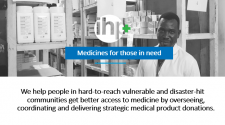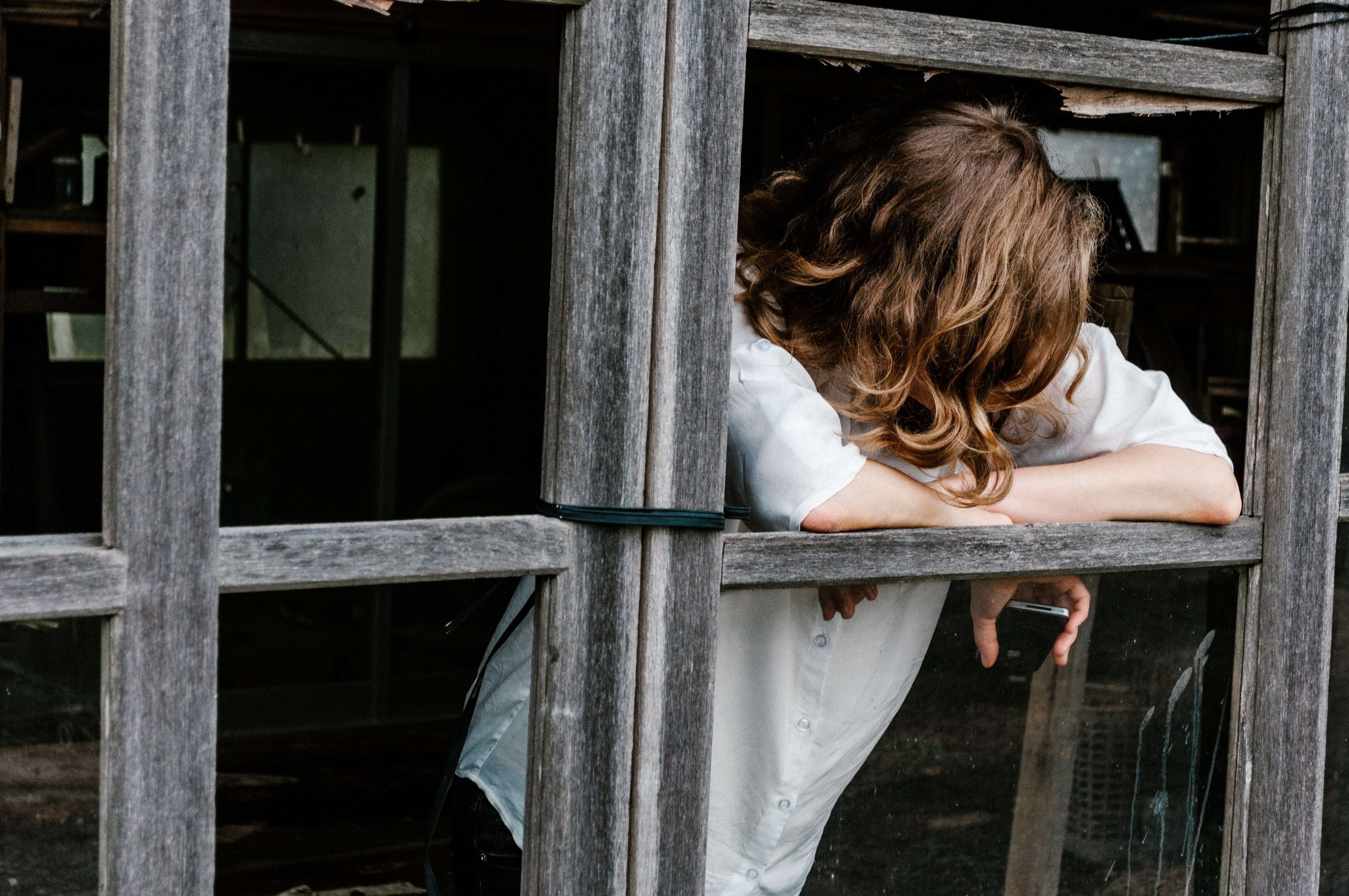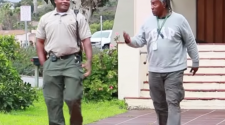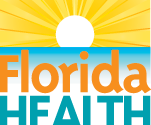By CRISTINA JANNEY
Hays Post
More people are seeking assistance for mental health issues as the COVID-19 pandemic heads into its sixth month.
A survey by the National Center for Health Statistics shows almost 30 percent of Americans are experiencing symptoms of clinical depression, compared to 6 percent at the same time last year.
The survey also showed 36 percent are feeling more anxious about life now compared to 8 percent last year.
Local therapists Cary Schwarz and Beth Christians, both senior outpatient clinical supervisors at High Plains Mental Health, said they are both seeing these trends in the 20-county northwest Kansas area that the community mental health center covers.
More people are seeking professional mental health services, those who have existing mental health illnesses are reported more severe symptoms, the center is receiving more calls to its emergency hotline, and more clients are being referred for inpatient services, Schwarz said.
Christians said, “We had people who were doing well and only needing to be seen every six weeks. Now they are wanting to come back every week or every other week to just handle the stress and figure out some different tools to manage what they are having to manage every day.”
More clients are also noting panic attacks. National statistics are all showing increases in domestic violence and drug and alcohol abuse, as well as suicide attempts and completions, Schwarz said.
Related story: Domestic violence spikes in Hays area during pandemic
“It is a very stressful time for people,” Schwarz said, “so we are happy to be able to do what we can to help.”
Schwarz said the center is seeing new clients that have never been seen for mental health care before.
“I think some people are listing and are very specific that it is a COVID-related stress that has brought them in,” she said.
COVID-19 has created a variety of new stressors that are weighing on our minds and resulting in declining mental health. Some of these include distress over the disease itself, concerns about finances and added responsibilities of home-schooling children, Schwarz said.
Kids also feeling the stress
Christians, who works with children and families, said she expects to see an uptick in children being referred for mental health services now school is back in session.
She said she expects the back and forth between remote learning and in-person learning is going to cause children stress.
“I often talk to parents about how a kid’s brain is very pattern seeking. Right now, there are very few patterns kids can fall into and routines they can fall into,” Christians said, “so it’s just created a lot more anxiety for kids.”
Rather than telling a parent or teacher they are stressed or anxious, children’s behaviors are more likely to change.
“Behaviors have a function and that is most often to communicate something that is going on in a child,” Christians said. “If we see any changes in behavior patterns, there may be increases in aggression or it may be they are isolating more in their room — something that has changed in their day or behavior. That can give us a sense that something is not right.”
Knowing when you should get help
Schwarz said all adults have bad days, but those who are having prolonged loneliness, depressed mood or decreased energy might need to seek professional help.
“That is one thing with adults, you will hear them making statements that they’re a failure, they’re worthless or life is hopeless,” she said. [They might] not necessarily say they want to hurt themselves, but sometimes people will say, ‘I wish I could just go to bed and not wake up.’ ”
She said she has heard many people say they are very fatigued. People are saying they are tired, they don’t have the energy they once did, they don’t have the same interest in activities or hobbies they once did.
She encouraged people to continue to engage in hobbies even when they might not initially feel like doing so. She also suggested people try to keep in contact with others.
Some people are talking via Zoom or having Zoom birthday parties. You might talk to a neighbor across the yard where it is possible to social distance.
Older adults can be especially susceptible to isolation, she said.
Chronic loneliness can be as detrimental to a person’s health as smoking 15 cigarettes per day, Schwarz said.
‘Big Three’ coping tools
To help clients cope, Christians refers to what she calls the “Big Three” — diet, exercise and sleep.
“For a lot of people, those three things that seem very simple and every day life type things got interrupted. I am really encouraging people to let’s get back to the basic coping skills,” she said.
Christians said even 15 minutes of exercise during your lunch break can be beneficial.
“Get away from you screens and get up and move around,” she said.
Taking care of the “Big Three” can also help take care of your immune system at the same time, Christians said.
Schwarz also recommended people who are dealing with anxiety to take note of their breathing.
“When we start getting anxious, our muscles start getting tight and our heart starts racing faster,” Schwarz said. “Just pausing and taking some of those breaths and thinking calming thoughts is a big part of being able to manage.”
Christians also recommended taking COVID breaks by shutting off the news and getting off social media for a time.
Telehealth helps with access
During the pandemic, High Plains expanded its telehealth services to clients’ homes.
Christians said it has increased access, especially for clients in rural areas and allowed for some clients to increase their visit frequencies as needed.
“A lot of clients have said this has been a wonderful change for them,” Christians, who is based out of the Osborne office, said.
“Instead of driving a half an hour to the office and a half an hour back and missing school or work for an hour, so a total of two hours of missed work time or school time, they can pop into their counselor’s office or hop on Zoom and meet for our 45- or 50-minute session and get back to class or work.”
Outlook is for more of the same
With no end in sight to the pandemic, Schwarz said increased levels of depression and anxiety are likely to persist.
She said she expects to continue to also see increases in substance abuse, as well as domestic violence.
Christians said COVID has created a different environment that we all have to navigate. Some of her clients have complained of decision fatigue.
“We had the normal everyday decisions that families made or people made, and we have just increased the amount of decisions we make every day,” she said.
“Do I have to wear a mask? Where is my mask? Do my kids have masks? Do I need to call ahead? Can I go with my father to the doctor’s office or will I have to sit in the car? There are a lot of extra decisions we didn’t have to consider before that are now on our plates, and we have to juggle all of those things.”
Schwarz said, “I had a client say ‘I am tired of waiting on waiting.’ That made a lot of sense to me.”
How to get help
If you are in crisis and need to speak to someone right away, please call High Plains’ 24/7 crisis hotline: 1-800-432-0333. Additionally, the National Suicide Prevention Lifeline can be accessed by calling 1-800-273-8255 or texting MHFA to 741741.
In addition, High Plains offers free, enhanced access to 7 Cups of Tea, an online emotional wellness tool. This can be accessed at https://www.7cups.com/p/highplains/, pass code is highplains for new members.
7 Cups of Tea is now offering specific COVID-19 coping strategies.
















